According to Australian Criminal Intelligence (ACIC) assessments, there is a network of Australian national organised crime entities, largely based offshore, that is likely one of the most significant serious organised crime (SOC) threats impacting Australia.
This network has been referred to as the ‘Aussie Cartel’. We use the term ‘cartel’ as they exhibit cartel-like behaviours—they have similar criminal intent, collaborate for mutual benefit, minimise competition between each other and seek to increase profit and influence. They don’t call themselves a cartel.
The ‘Aussie Cartel’ is a network of independent operators and syndicates who join forces in an ongoing manner to share capabilities and invest in each other’s criminal activities.
Many of the Aussie Cartel members are Australian Outlaw Motorcycle Gangs (OMCG) and they have significant influence over the OMCGs in Australia.
Their reach extends into all state and territories and internationally, and their criminal threat also presents major threats to the integrity of our justice system and other government institutions.
Our intelligence assessments support this collaborative effect, particularly between the Comancheros and the Hells Angels, including offshore members. These larger OMCGs interoperate and in some cases control smaller clubs to leverage their onshore distribution networks and offset risk.
Individually these criminal entities and syndicates are bad news for Australia, but the way in which they collaborate further heightens the threat they pose.
Over the last few years, the ‘Aussie Cartel’ likely imported more meth and cocaine into Australia than any other group. These imports were worth billions of dollars. These importations wreak havoc on Australian communities. The implications of increased of meth usage within our communities include catastrophic levels of drug use, murder and physical violence, health and social degradation, financial loss, exploitation and the full array of volume crimes.
These offshore criminals do not just use encrypted communication devices, hardening their communications from interception, they specifically financed and facilitated the introduction of some of these devices to the Australian domestic criminal environment. They import illicit drugs through ‘doors’—access points at our border facilitated by corrupt public and private sector employees—minimising the chances of interdiction.
They use professional international money laundering organisations to transfer their vast sums of cash into ‘safe’ offshore locations.
Their resilience is enabled by professional advisors (legal and financial), and their ability to corrupt at levels is far beyond our level of comfort and the use of electronic countermeasures.
These criminals started their criminal activity at home. They were actively targeted by law enforcement over many years and our environment forced them to move to Europe, Asia and the Middle East—often in places that have been traditionally difficult to reach by our law enforcement. For example, the national commander of the Hells Angels—Angelo Pandelli is offshore.
Unfortunately, their offshore location has only increased their threat. Their resilience had risen, and their connections with offshore supplier groups and money laundering controllers has strengthened.
It’s important to note that the ‘Aussie Cartel’ aren’t the only criminal network that poses a threat, there are others. But we consider their wide-ranging criminal impact and influence, their wealth, ability to corrupt and their extreme resilience as a threat to the integrity of our justice system and Government institutions as well as every day Australians.
The APOT designation triggers a heightened, more directed and coordinated effort by Australia and the international law enforcement and national security community.
The ACIC has received specific government funding to continue our work targeting APOTs which represent the transnational serious and organised crime targets that pose the greatest threat to Australia’s interests and this work remains our greatest priority.
Michael Phelan APM
Chief Executive Officer
Australian Criminal Intelligence Commission
